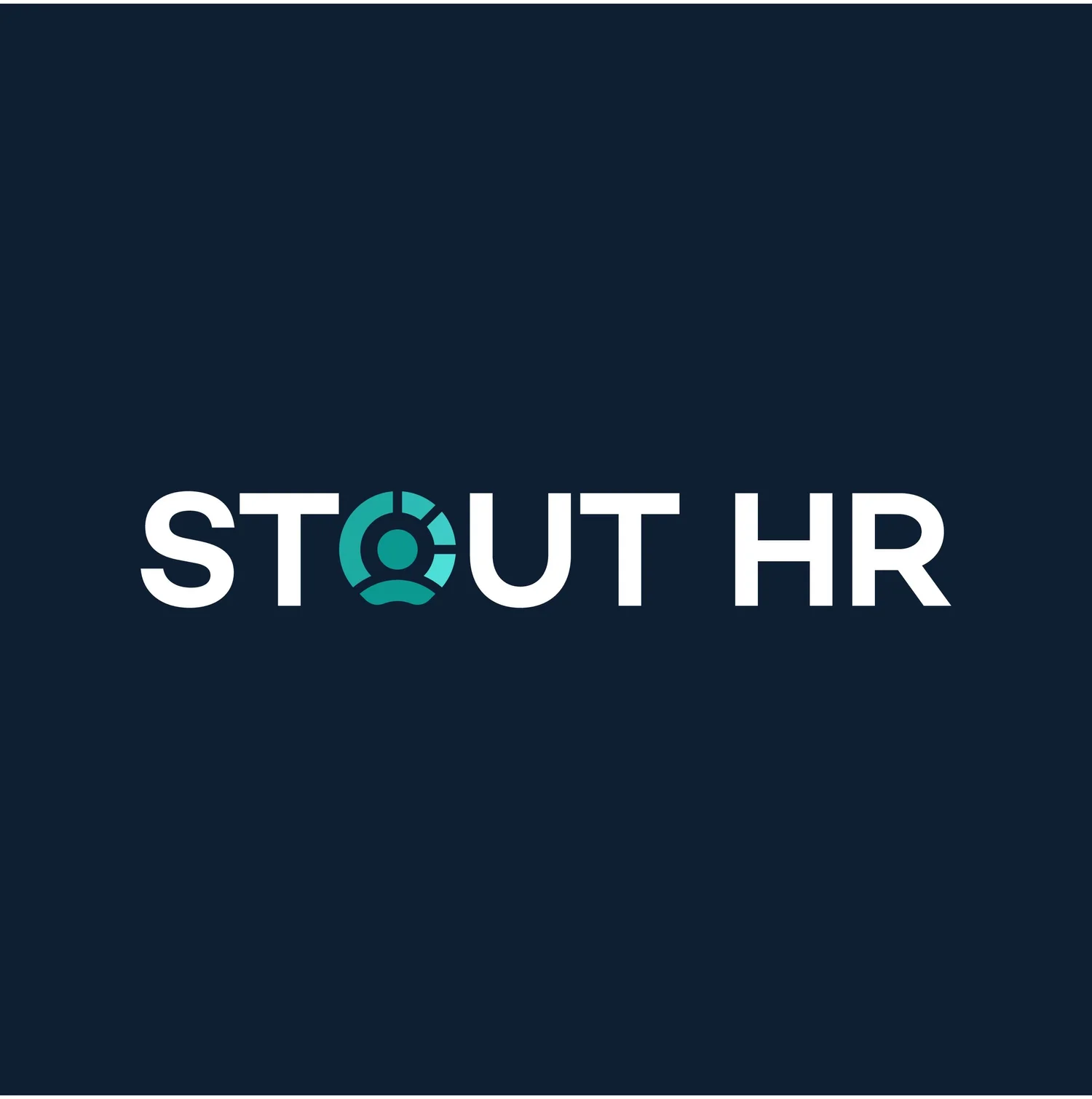Executive Order Summary & Small Business Impact Brief (2025)
What Small Business Owners Need to Know
Feeling lost in the noise around new executive orders? You’re not alone. While most of these changes target federal agencies, they’re already influencing expectations, risk, and operations for small businesses.
Below are Three changes all business owners need to know:
1. Remote Work & Federal Hiring Freeze
Summary: Federal employees were ordered back to in-person work, and most new federal hiring was paused.
Small Business Impact: This won’t directly affect your policies, but job seekers will notice! Many people seek flexible work options, especially as big employers and Federal jobs scale back remote options.
➤ Tip: Offering hybrid or remote work can give you a hiring advantage. With unemployment rising, D.C. is seeing over a 300% increase from last year this is a great time to recruit. I’m currently seeing 100+ applicants a day for most hybrid or remote roles.
2. Immigration Enforcement
Summary: There is increased scrutiny on employment authorization and I-9 documentation.
Small Business Impact: Even small teams could face audits.
➤ Tip: Ensure new hires complete I-9s within 3 business days, and that forms are accurate and securely stored. Keep I-9s for 3 years after hire or 1 year after termination, whichever is later. Now is a good time to audit your I-9 process and confirm that onboarding is up to date.
3. Payroll Accuracy & Tax Enforcement
Summary: Increased IRS funding is fueling more audits and stronger enforcement on payroll and employment tax compliance.
Small Business Impact: Even honest mistakes, like misclassifying workers or inconsistent payroll filings, can result in costly penalties. With this renewed attention, payroll practices are under a microscope.
➤ Tip: Double-check that your employees and contractors are correctly classified. Make sure tax forms (like W-2s and 1099s) are accurate and sent on time. If you’ve been winging it with payroll, now’s the time to get help or switch to a trusted provider.
Final Thoughts: These executive orders don’t change private-sector law, but they signal shifts in risk, enforcement, and employee behavior.
Now is the time to:
Tighten immigration documentation practices.
Reassess flexibility in your work model.
Ensure payroll and tax practices are audit-ready.
Consider recruiting while the talent pool is flooding the job market.
Need support reviewing policies, hiring practices, or compliance risks? Let’s chat. I’m here to help.
